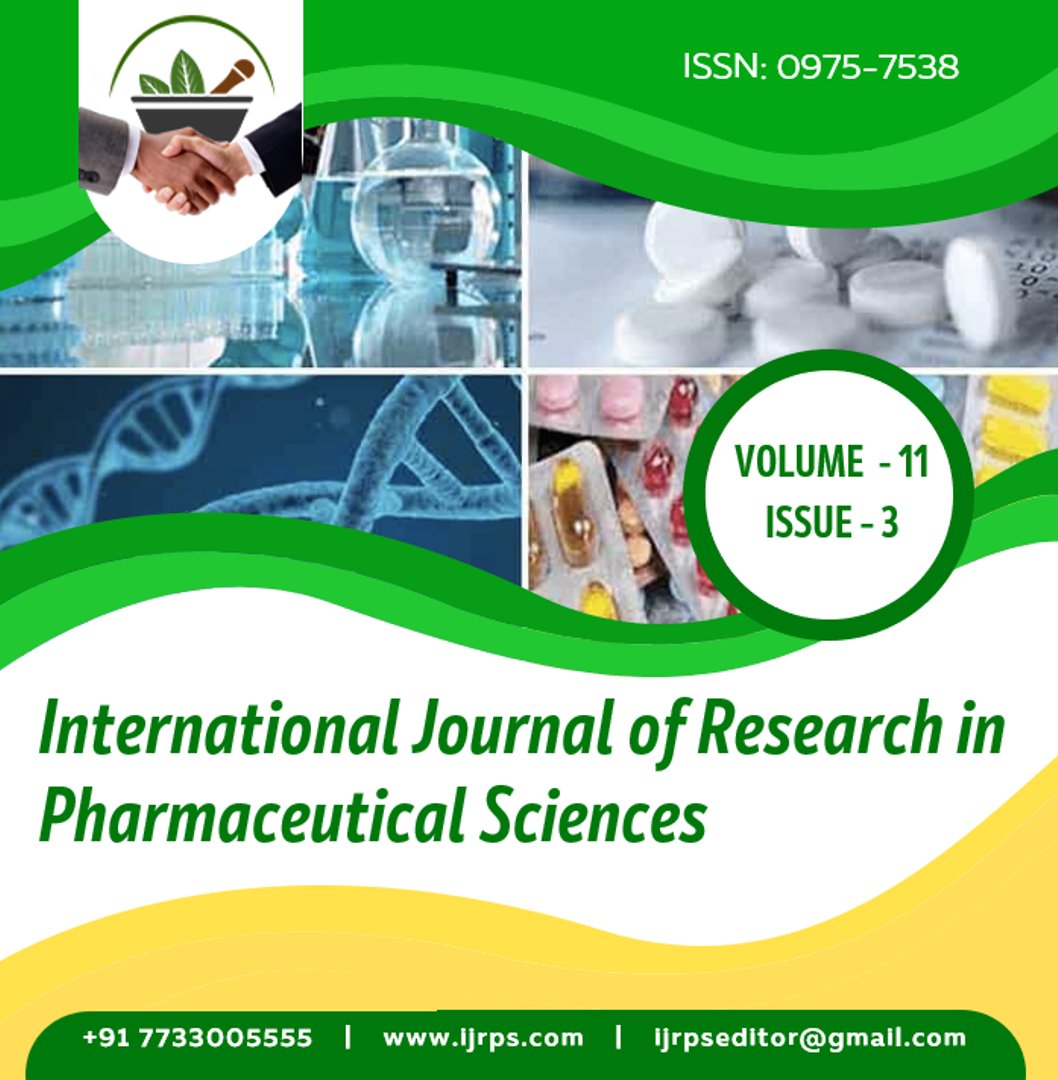Abstract
The initiation of coronary stents is a vast landmark in the practice of interventional cardiology. The vascular injury sustained during the percutaneous coronary intervention (PCI) leads to a complicated inflammatory and repairing process. Therefore, stent restenosis arises. Diabetes mellitus is the highest-risk clinical predictor of ISR. Genetics has an important role in the development of ISR. There is a suggested association between the appearance of stent restenosis and certain genetic polymorphisms. Examples of these single nucleotide polymorphisms are endothelial nitric oxide synthase gene (eNOS), the angiotensin converting enzyme gene (ACE), the angiotensin II type 1 receptor gene (AT1R), TGF-β, and VEGF. CYP2C19 variants can help change the medical strategy to a more individualized therapeutic regimen either by altering the therapeutic dose depending on the genotype or using an alternative drug that does not worsen the patient’s case. However, eNOS polymorphism produces gene expression alteration leading to ISR following stent placement. In addition, the deletion-allele of the ACE genotype increases the risk of ISR; however, the I allele decreases the risk. Moreover, the D/I polymorphism is not an independent factor of ISR in patients administering ACE inhibitors or angiotensin receptor antagonists. Furthermore, studies on large sample sizes are required to decrease the harmful adverse effects of stent restenosis by detecting these allele gene polymorphisms.
Full text article
Authors

This work is licensed under a Creative Commons Attribution-NonCommercial-NoDerivatives 4.0 International License.

